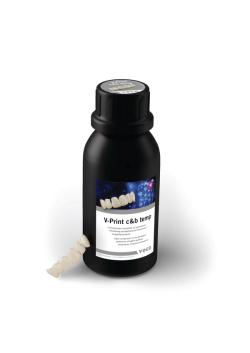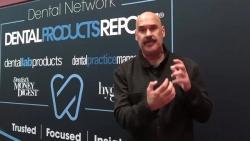- About Us
- Advertise
- Editorial
- Contact Us
- Terms and Conditions
- Privacy Policy
- Do Not Sell My Personal Information
© 2025 MJH Life Sciences™ and Dental Products Report. All rights reserved.
The benefits of TheraCem from BISCO
How one dentist uses this cement to reduce patient sensitivity and increase office efficiency.
Dr. Sam Halabo, DMD, who has a private dental practice just 10 minutes south of downtown San Diego, started using TheraCem® from BISCO in January 2017. He says he was drawn to this self-adhesive resin cement because of its bioactivity. Dr. Halabo shares his experience with using TheraCem and how this resin cement has reduced sensitivity for his patients and increased efficiency for his practice.
What do you like best about the product? How does it compare to others on the market?
TheraCem has many great features, including calcium release and promoting apatite formation. There was an IADR study done, showing it allows for dentin formation and bioactivity. It means it can help the tooth to heal itself. It can help with sensitivity and inhibit bacterial growth. It can help with many different aspects of the tooth.
The majority of products on the market in this category -self-adhesive resin cements - do not have these features. Therefore, this cement does give us a great advantage when using it over others.
Related article: How to use TheraCal LC for direct and indirect pulp capping
What have been the results or patient responses?
The results have been excellent. I have had a decrease in sensitivity when cementing crowns and I have had zero patient responses because the only time you hear from patients is if there is pain or sensitivity. The best patient response is no response at all, which means that everything is working.
What benefits to your practice have you seen since using TheraCem?
One of the great benefits has been the reduced amount of sensitivity. It is an incredibly simple cement to use in that it eliminates many of the steps that can cause sensitivity, such as etching, using an adhesive, etc. In addition, this cement is extremely easy to clean up, which is a benefit that every dentist seeks.
Why would you recommend this product to your colleagues?
Many of my colleagues probably use self-adhesive resin cements in their repertoire. This cement would be great for them to use in that it would reduce sensitivity, increase efficiency and provide high bond strength. Also, it would give them a very easy cement to clean up that is working for them in terms of bioactivity (apatite formation and calcium release) after the restoration has been cemented.



